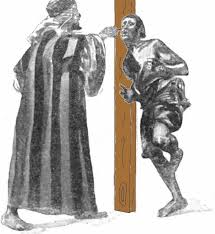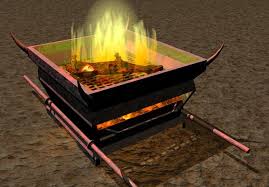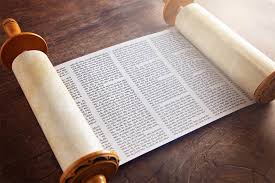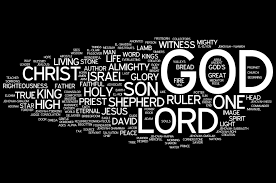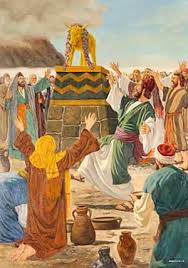Ef – Six Days Do Your Work, But on the Seventh Day Do Not Work 23: 12
Six Days Do Your Work,
But on the Seventh Day Do Not Work
23: 12
Six days do your work, but on the seventh day do no work REFLECT: What are the benefits of observing the Sabbath principle in your life? Are there parts of God’s word that you are choosing to ignore? How are you doing in the human rat race? Are you in need of Sabbath rest?
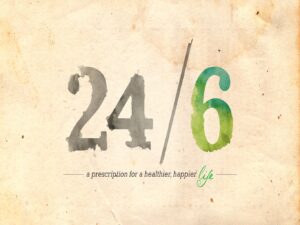
Whereas the land was granted a rest every seven years, the people and beasts of burden were given a rest every seven days. Although the length of time was different, the Sabbath principle was the same. God said: Six days do your work, but on the seventh day you shall stop, so that your ox and your donkey may rest and the slave born in your household, and the alien as well, may be refreshed. Also, the two groups who would benefit from the Sabbath principle, the needy and the animals, found parallels in the ox and the donkey, on the one hand, and the slave and the alien, on the other.
The verb for stop is the Hebrew word shabat, from which we get the word Sabbath. We get the concept of stopping normal, everyday work. Man and beast alike will be refreshed on the Sabbath. In 31:17 we are told that YHVH Himself was refreshed on the seventh day of creation as a result of His resting. Therefore, God’s work and rest serve as an example for our work and rest each week.
ADONAI reviewed this commandment with Isra’el when they entered the Promised Land. The subjects of the Sabbath Day, Sabbatical Year, and the Year of Jubilee are all dealt with in the book of Leviticus. The Sabbath Day was a day of rest every seven days. It is a joyous holiday, a day of spiritual refreshment, and reverent worship. It is a day for mankind to imitate his or her Creator, to be devoted to contemplation. Those who delight in the Lord in this way are promised that they would ride on the heights of the Land and to feast on the inheritance of their father Jacob (Isaiah 58:13-14).440
The scope of the Sabbath observance for the Jew is made know to us in the Torah through what is know as the Zakhor (the call to remember), and the Shamor (the call to observe). In the Zakhor, Isra’el is commanded by God not to forget that they were slaves in Egypt, and that God with a mighty hand and outstretched arm brought them out of slavery to observe the Sabbath day (Deuteronomy 5:15). They are to remember the Sabbath and keep it holy (20:8), and in that keeping, Isra’el is commanded by God to keep all of His Sabbath’s for generations to come as a sign that He is the One who makes them holy (31:13). With the Zakhor, Isra’el is commanded to follow the Shamor by observing the Sabbath day by keeping it holy, as ADONAI your God has commanded you (Deuteronomy 5:12).
Through His infinite wisdom, God commanded the children of Isra’el to recharge themselves physically, emotionally, and spiritually. He modeled this principle when He created the universe; thus, the Sabbath day is the antidote for the human rat race.







